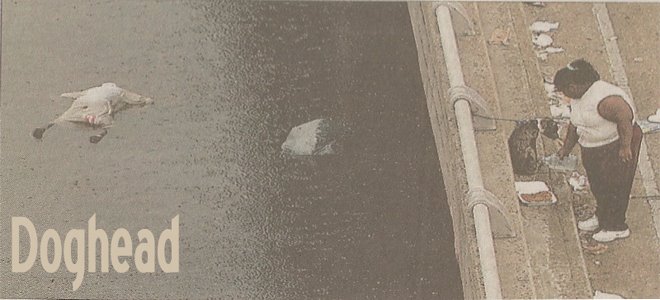
Question one, private. Do you or do you not like Kickback?
Question two, private. Do you or do you not like starship troopers?
If the answers to the above two questions are a resounding masculine 'YEAHUH' then you quite possibly went through the exact same though process as I did when I saw The Forever War sitting on a second hand bookshelf for 50p. Never mind that it's won a Hugo and Nebula award for science fiction writing, it has the same name as a Kickback album, which was reason enough to hand over my pennies. As a quick aside, I bought this from a small shop by Devonshire Green in Sheffield, along with Nightfall by Isaac Asimov, both for 50p. They had about 3 bookshelves just for sci-fi. Needless to say I'm making return trips.
I managed to read The Forever War in about one lie-in and two baths. The words pretty much roll off the pages, there's nothing really to stump the average reader, it's got jargon, but it's more jargon for jargon's sake than important plot developments that you absolutely have to understand 100% (either that or I am a space travel genius and have no idea).
Anyway, the book basically reads like platoon in space. Super soldiers chosen for their intellectual ability and calm demeanours take to war against an alien race they've not yet seen. They use collapsed stars as jumps to get to other parts of the galaxy and fight the enemy, but at a heavy, heavy cost. 6 months of travel in soldier's years is the equivalent to hundreds or even thousands of earth years, depending on distance travelled, so every time the soldiers return home Earth has changed entirely. Furthermore the enemy they fight has often come from the future, often having faced other human troops from a human future who are also ahead of the current humans travelling through space to fight those same aliens. So there's this idea that at times soldiers are on a pathway of certain death just because of time delay. It drew parallels with the First World War to me, with the idead of some historians that the German army had begun to march to war, even though all the leaders of Europe wanted, and agreed upon, peace. They had no way to call the troops back and just had to march on to death.
The book is a heady mix of absolutely over-the-top war machismo (yeahuh) and actually quite thought provoking considerations of future human civilisation. Sometimes the action orientated sequences can get a bit caught up in themselves, and there is a kind of weird homophobic (or at the least homosceptic) undercurrent, whereby Haldeman is pretty much convinced that at some point the whole human race will be homosexual, and I'm not entirely sure what his angle is on it, dystopian? jabbing a funny finger? no clue. But overall it doesn't really spoil the story. If you're not really arsed by 'war epics', it's still worth reading for the equal amount of attention Haldeman pays to the dynamics of human society, asking plenty of moral questions along the way to give any reader some food for thought. Like I've said, it's not mind bending genius like Gravity's Rainbow, and it's not up to the detailed universe of the likes of Ringworld, but it holds its own just through sheer enjoyment. Think along the lines of If I Die in a Combat Zone (see bookclub I) but with space marines and you're pretty much there.
Sci-fi is at it's best when the stories are logical extensions of reality, or of current affairs extended to logical futuristic conclusions. There are some great passages within the book that echo the societal and political and counter-cultural attitudes of Vietnam, the Cold War, etc, and even the more current world conflicts going on today. The passage below follows the soldiers return from active duty.
"Some of you are smiling. I think you ought to reserve judgement. Earth is
not the same place you left."
He pulled a little card out of his tunic and looked at it, half-smiling. "Most of you have on the order of four hundred thousand dollars coming to you, accumulated pay and interest. But Earth is on a war footing and, of course, it is the citizens of Earth who are supporting the war with their tax dollars. Your income puts you in a 92 percent income tax bracket. Thirty-two thousand dollars could last you about three years if you're very careful.
"Eventually you're going to have to get a job, and this is one job for which you are uniquely trained. There aren't that many others available - the population of Earth is over nine billion, with five or six billion unemployed. And all of your training is twenty-six years out of date.
"Also keep in mind that your friends and sweethearts of two years ago are now
going to be twenty-six years older than you. Many of your relatives will
have passed away. I think you'll find it a very lonely world."
You can probably see how this one ends.


